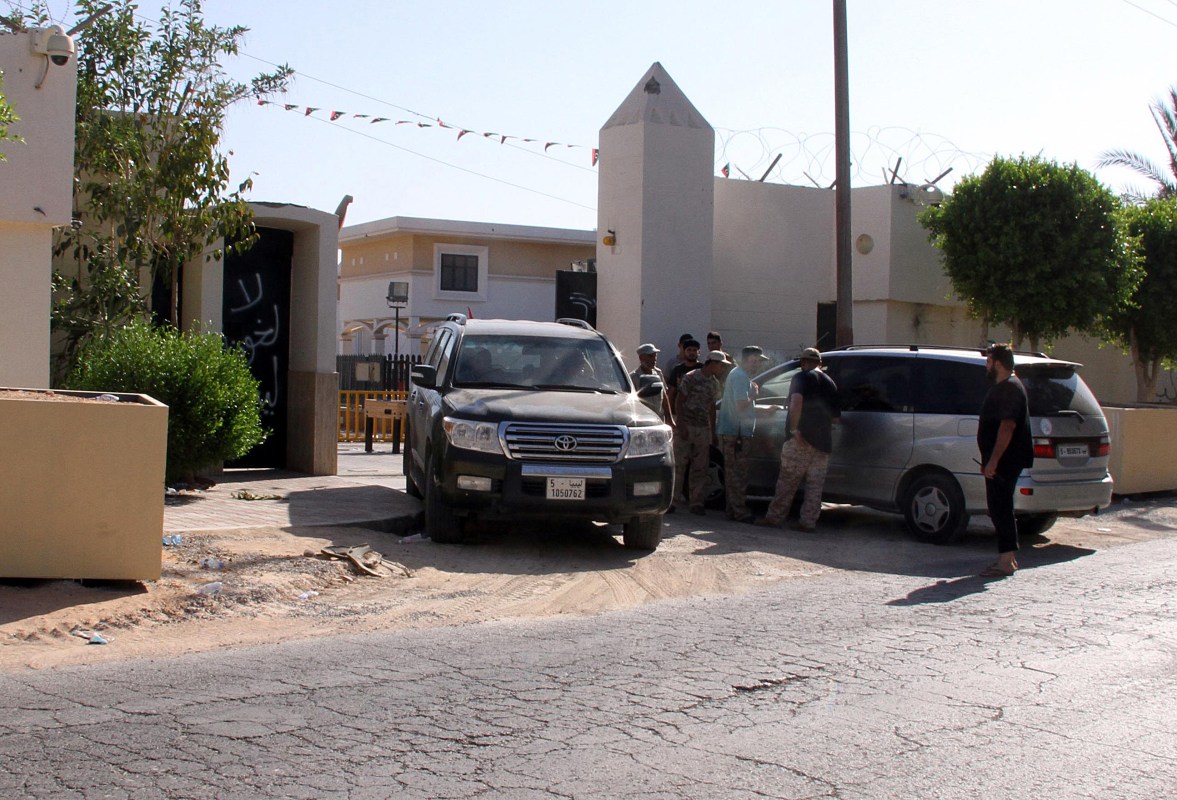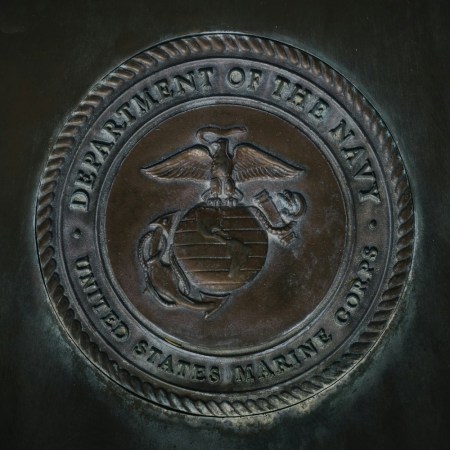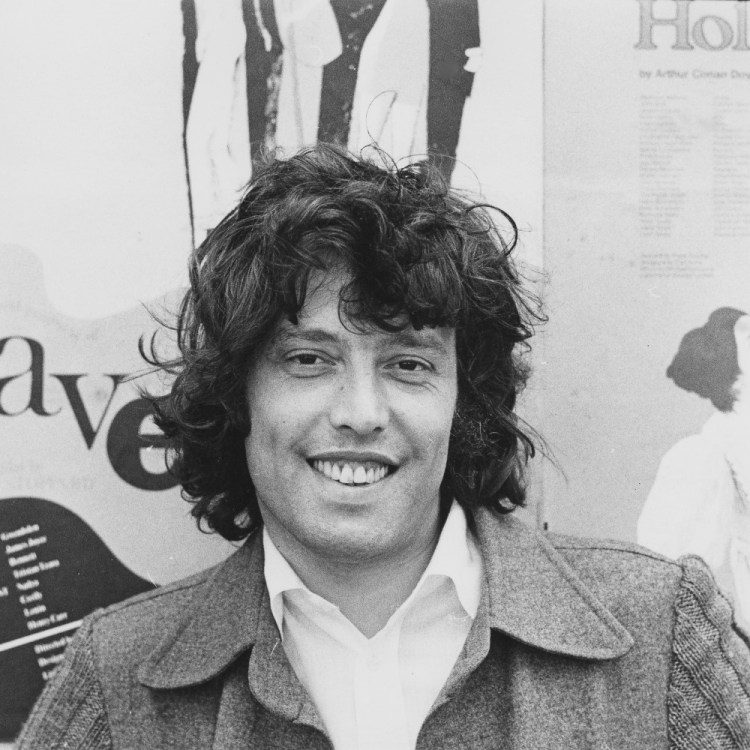“The problem is that I can’t really talk about any of it.”
Yes, that is generally a problem when you’re speaking to a reporter about a book you wrote. But former CIA analyst Sarah Carlson could be forgiven in this case because she’s in a fairly unusual position — she’s in the middle of a lawsuit with the CIA over its decision to stop her from publishing a manuscript about her time in the agency and her first-person account of a particularly dramatic incident.
Carlson declined to identify the incident in a recent interview with RealClearLife, and the suit is intentionally vague on that front, saying only that the book “describes her time serving in and escape from a devolving hostile environment in a country on the African continent. It focuses primarily on the final crisis situation and emergency actions taken to reach safety and save American lives.”
That description, however, does line up with a well-known ordeal, the 2014 evacuation of the U.S. embassy in Tripoli and the overland convoy that spirited more than 150 people from the Libyan capital across 250 miles of arid landscape to neighboring Tunisia. The dawn escape was in response to the worsening security situation in Tripoli, as violence between rival militias in the capital crept closer to the embassy grounds.
Carlson’s specific role in all this is not clear, but, as pointed out by The Daily Beast which first reported Carlson’s legal action, last year she published — with the CIA’s approval, she said — an essay for RealClearDefense in which she’s identified as having “served at the U.S. Mission in Tripoli, Libya, and helped conduct the full-scale U.S. evacuation.” In that essay, she described the operation as a “harrowing, all-out, 26-hour” affair.
Carlson told RealClearLife she wrote down notes after the fact at the suggestion of a former superior who thought she might be called to testify before Congress about the event. That never happened, but Carlson said she decided to turn her notes into a book because she is “very concerned about the long-term consequences of the actions [the U.S.] is taking,” and she “thought this would serve as a really good example of the negative consequences that happen, sometimes years later.”
The CIA declined to comment for this report, but Carlson said there are two differences between the latest version of the manuscript that was rejected by the CIA’s Publication Review Board (PRB) and the previous ones that were approved: the addition of some biographical details about Carlson’s career and her take on a previous “high-profile attack” in North Africa — likely a reference to the Benghazi terrorist attack of Sept. 11, 2012. (Carlson began work as a Targeting Analyst with the CIA’s Counterterrorism Center as far back as 2008 and focused on terrorist groups in the Middle East and North Africa, the suit says.)
Carlson only filed the lawsuit against the CIA two weeks ago, so the agency still has a few weeks to formally respond in court and it could be much longer, if ever, before the agency explicitly says what they find objectionable in the book. If it’s about the “high-profile attack,” Carlson said she added “maybe a page of new information” and doesn’t know if that’s the sticking point.
If the addition of the biographical information is the problem, it would be an ironic one. Bradley Moss, an attorney representing Carlson, told RealClearLife he suspects the government could bring up national security concerns over what he called the “whole mosaic concept.” That’s when the government fears that America’s adversaries could connect a myriad of individually innocuous details about Carlson’s career to uncover secrets about American intelligence operations. The irony is that Carlson said that’s a lot of what her job was as an analyst at the CIA.
“Putting together different pieces of information to form an assessment, including our judgment, yes, absolutely,” she said. In her professional opinion, however, Carlson said she doesn’t see that danger in her manuscript.
In the background of the tussle over the book is an enduring mystery related to the 2014 evacuation — namely, what went wrong. The complex operation was described by contemporary public accounts as successful. But in August 2015 the State Department’s Inspector General published a report online that said that it had identified “an issue related to the July 2014 evacuation … requiring immediate action by the Department of State.”
Here it’s the government’s turn to be opaque about what exactly the “issue” was. The report only said that the embassy “did not adequately prepare for or execute all aspects of its July 2014 evacuation” and that the IG was making recommendations “intended to promote the development and execution of effective EAPs [Emergency Action Plans] worldwide and to prompt practicable actions to address deficiencies associated with the evacuation of Embassy Tripoli.”
ABC News, for whom I was working at the time, requested more information and then a mandatory classification review of the fuller, classified IG report, but neither effort was successful.
Would Carlson’s book solve the mystery, three years later?
“I can say that there’s nothing in my manuscript that’s critical of the agency [CIA],” she said, “but that’s not the case for other departments or agencies who were there.”
This article appeared in an InsideHook newsletter. Sign up for free to get more on travel, wellness, style, drinking, and culture.

























